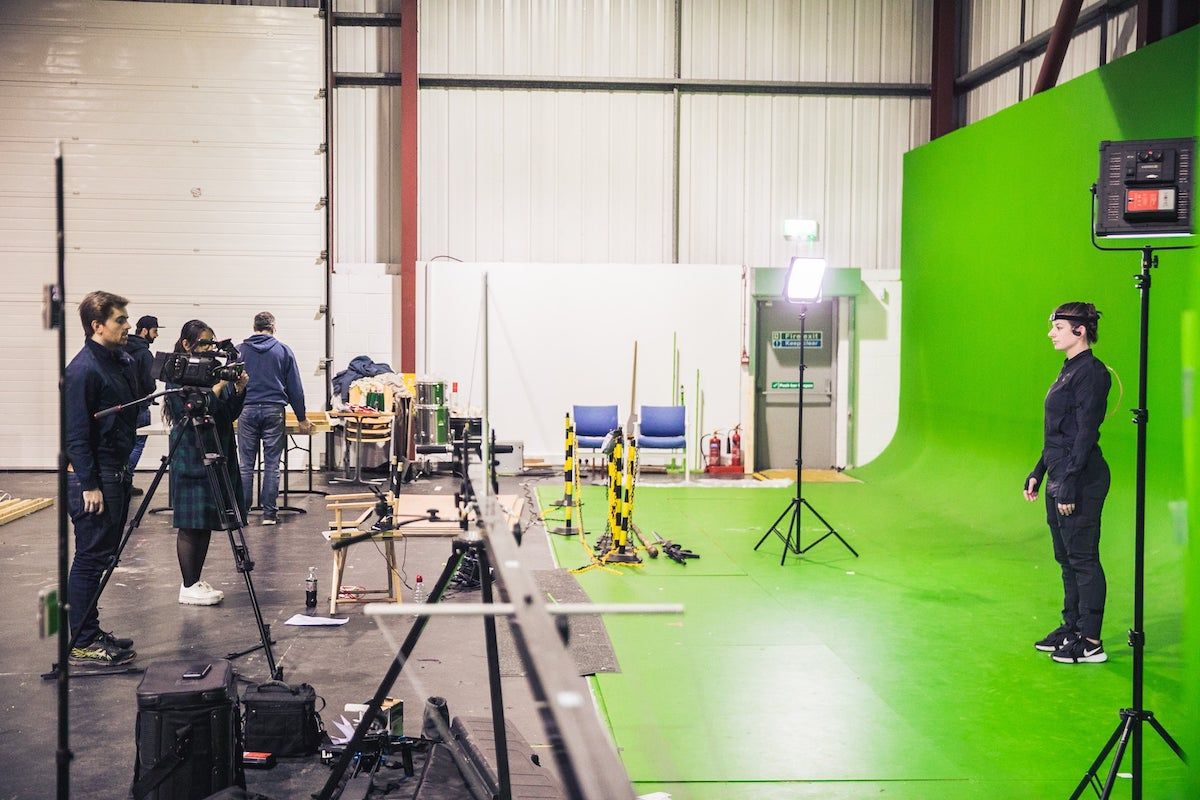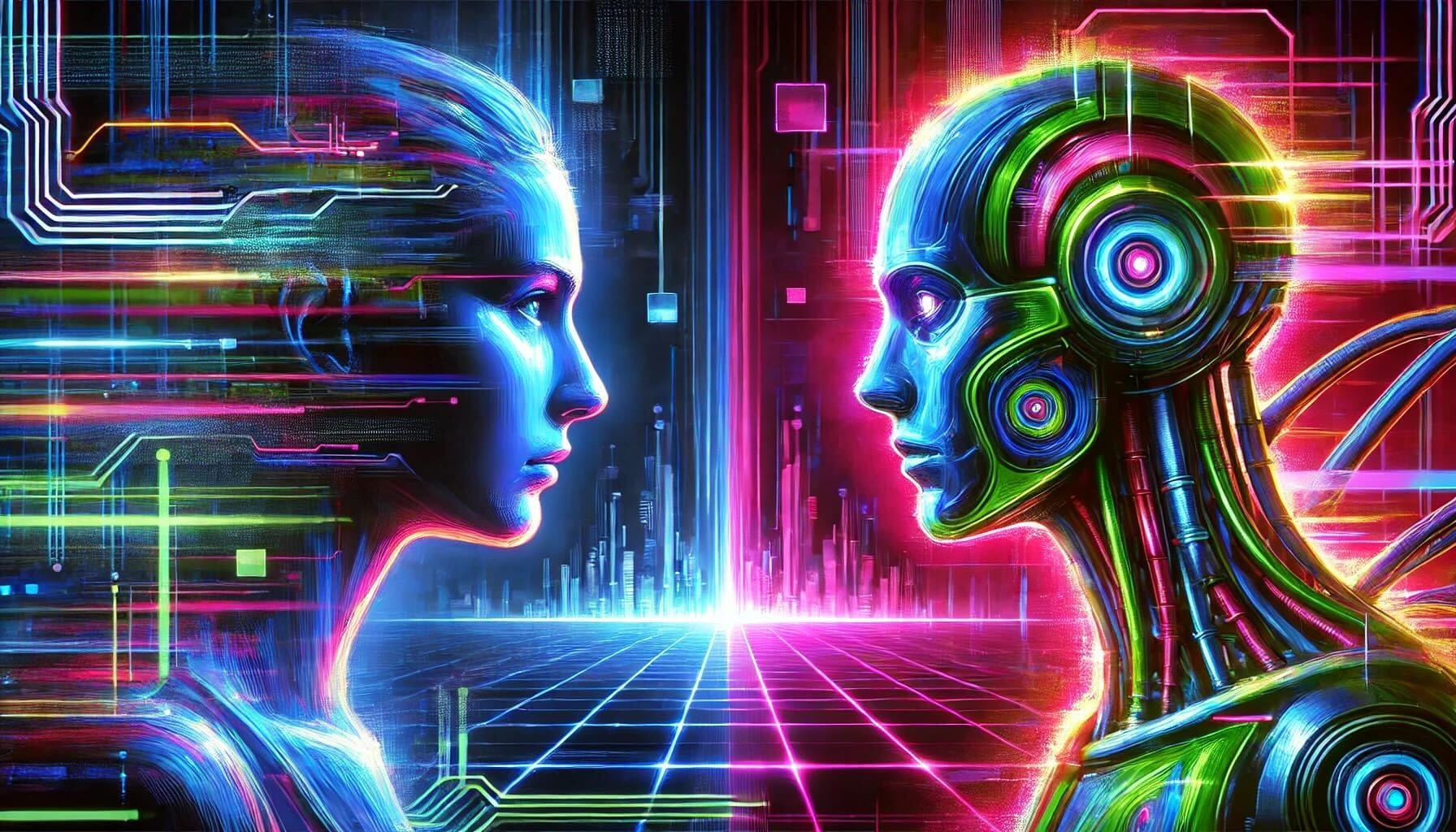ChatGPT Is the New Word Processor: Why Using AI in Writing Is Just Like Using Green Screens in Filmmaking
In the world of filmmaking, technology has long been an essential partner to human creativity. Directors use green screens to transform modest sets into intergalactic battlegrounds, futuristic cities, or breathtaking natural wonders. No one accuses them of cheating. Why? Because the storytelling, the acting, the direction — the core creative vision — remains deeply human. The green screen is just a tool. A powerful one, yes — but a tool nonetheless.
The same logic applies to writing in the age of AI.
Writers today have access to a new kind of green screen: ChatGPT. It’s not replacing the writer. It’s amplifying them. Just as filmmakers use VFX to enhance a story’s backdrop, writers can now use AI to enhance structure, brainstorm ideas, rework drafts, or research background material in seconds. ChatGPT can serve as a thinking partner, a research assistant, a ruthless (yet tireless) editor, and even an idea generator — all rolled into one.
Some people worry this blurs the line between human and machine creativity. But let’s zoom out for a moment. The typewriter was once considered a revolution in writing. Then came the word processor. Then spellcheck. Then Grammarly. At each stage, tools got smarter — and writers got faster, more polished, more efficient.
Using ChatGPT doesn’t mean you’re not doing the work. It means you’re working smarter. The creative spark still begins with the human. The judgment, the nuance, the purpose — those are not AI’s to own. But if you can take advantage of a tool that cuts research time from hours to minutes, or helps you refine a messy paragraph into something crisp and clear, why wouldn’t you?
This isn’t the death of authorship. It’s the birth of a new era of empowered storytelling.
So let’s stop treating AI like an intrusion. It’s the green screen of the writing world. The magic still comes from you. The tool just helps the magic shine.
Welcome to the age of AI-augmented writing. ChatGPT isn’t replacing Word. It is Word — reimagined.









